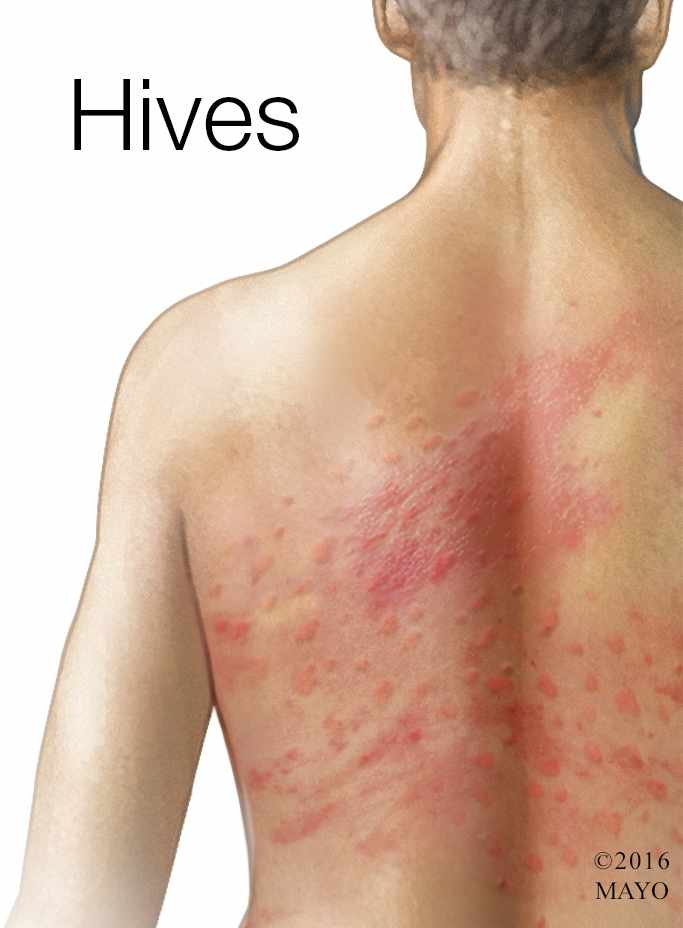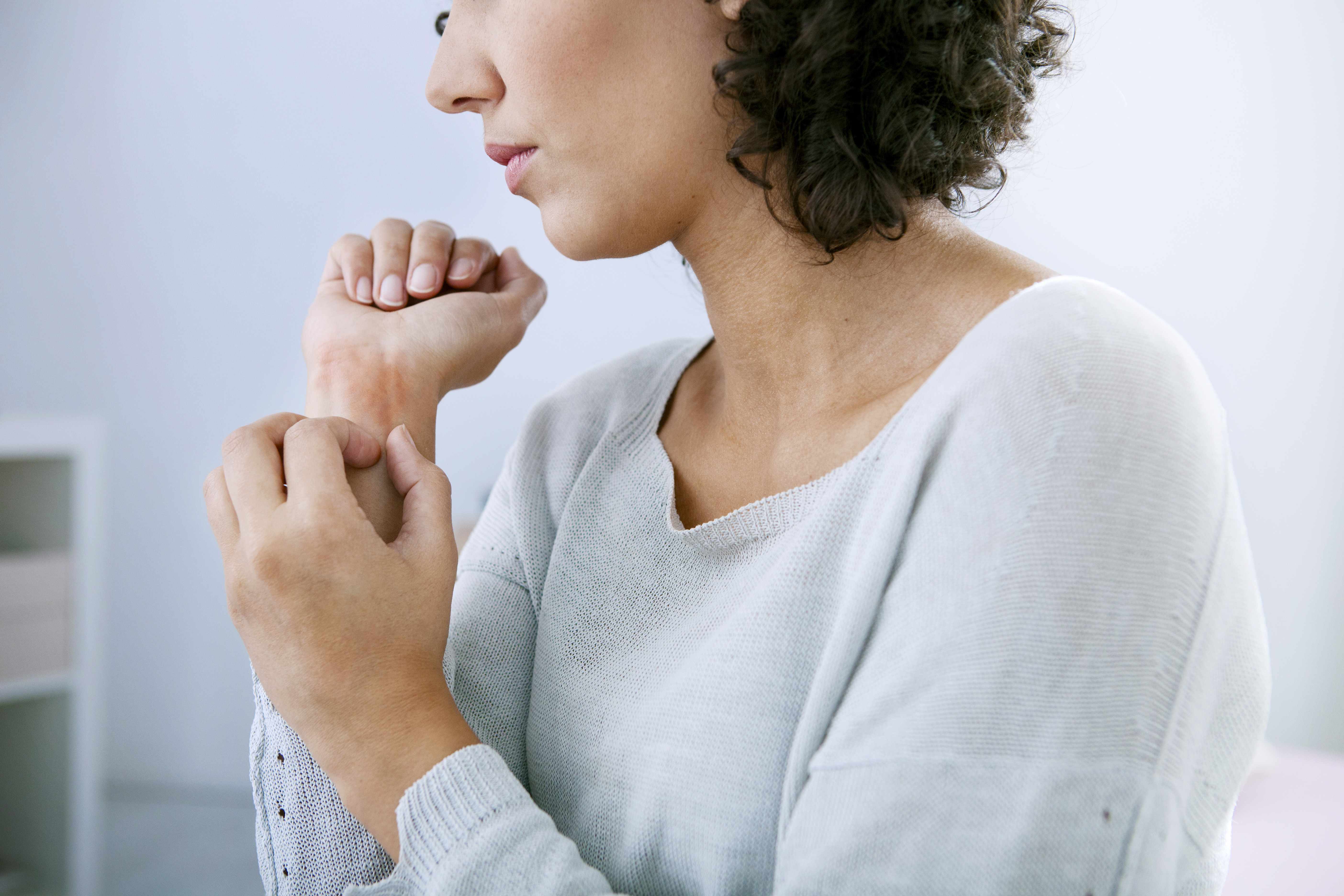-
Featured News
Home Remedies: Having chronic hives
Chronic hives are a condition in which the welts last more than six weeks or recur over months or years. Chronic hives usually aren't life-threatening, but the condition can be very uncomfortable and interfere with sleep and daily activities. Often, the cause is not clear and in some cases, chronic hives are a sign of an underlying health problem, such as thyroid disease or lupus.
You can try various treatments to relieve your symptoms. For many people, antihistamine and anti-itch medications provide relief from chronic hives.
Chronic hives signs and symptoms include:
- Batches of red or white welts (wheals), usually on the face, trunk, arms or legs.
- Welts that vary in size, change shape, and appear and fade repeatedly as the reaction runs its course.
- Itching, which may be severe.
- Swelling that causes pain or burning (angioedema), especially inside the throat and around the eyes, cheeks, lips, hands, feet and genitals.
- A tendency for signs and symptoms to flare with triggers such as heat, exercise and stress.
- A tendency for symptoms to recur frequently and unpredictably, sometimes for months or years.
These precautions may help prevent or soothe recurring skin reactions of chronic hives:
- Wear loose, light clothing.
- Avoid scratching or using harsh soaps.
- Cool the affected area with a shower, fan, cool cloth or soothing lotion.
- Keep a diary of when and where hives occur, what you were doing, what you were eating, and so on. This may help you and your doctor identify triggers.
- Avoid known triggers, such as certain foods or additives, alcohol, pain relievers, heat, cold, exertion, and stress.
Related article: Mayo Clinic Q and A: Chronic Hives Come and Go With No Clear Pattern

Alternative medicine
More study is needed, but some evidence supports the following alternative medicine approaches for providing relief of symptoms:
- Diet restrictions, such as eliminating yeast, food additives and other things that may cause the skin reaction (allergens)
- Supplements, such as vitamins B-12, C and D, fish oil, and quercetin
- Relaxation techniques
- Acupuncture, sometimes with an herbal wash of burdock
When to see a doctor
See your doctor if you have:
- Severe hives
- Hives that don't respond to treatment
- Hives that continue to appear for several days
Seek emergency care if you:
- Feel dizzy
- Have severe chest tightness or trouble breathing
- Feel your tongue or throat swelling








